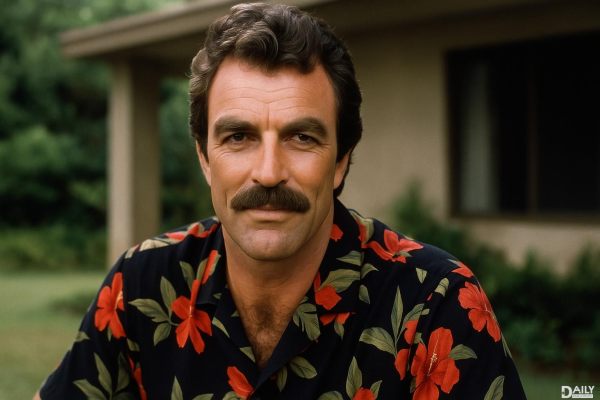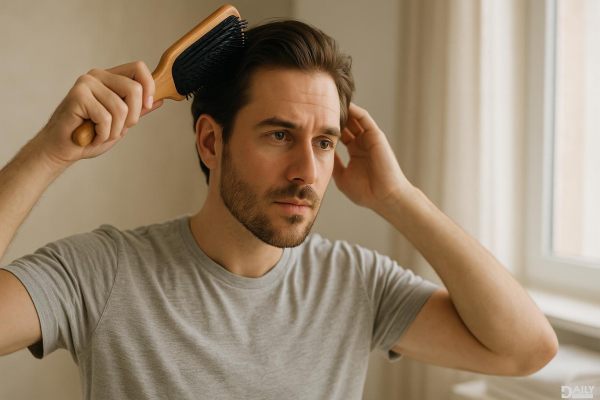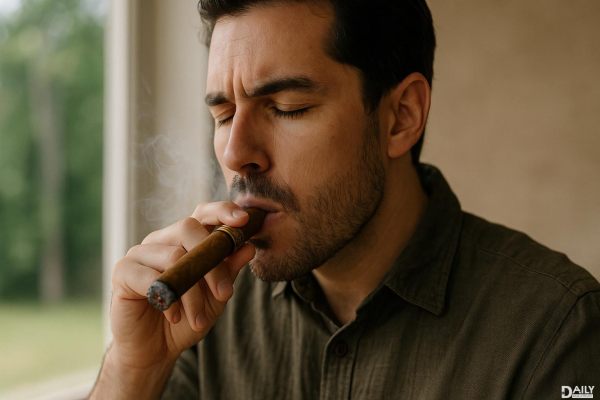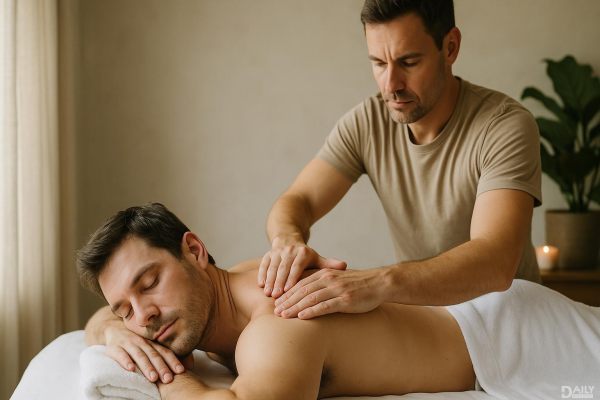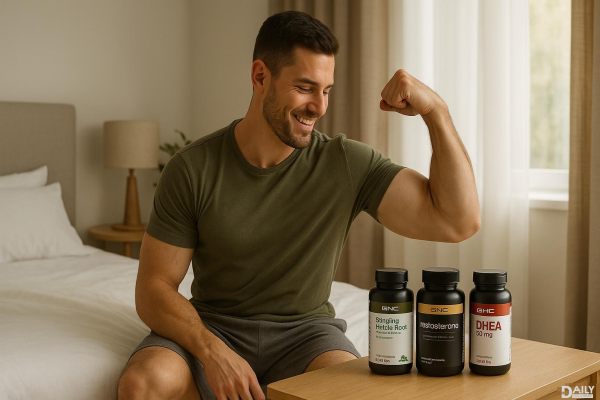If you're wondering whether a black man's chest hair is a direct sign of higher testosterone or just genetics at play, the answer is—it's complicated. While testosterone does influence body hair growth, genetics are the real MVP here. So, if you're rocking a full-on fur coat or barely sprouting a few strands, it's not necessarily a testosterone flex—it's more about what your DNA handed you.
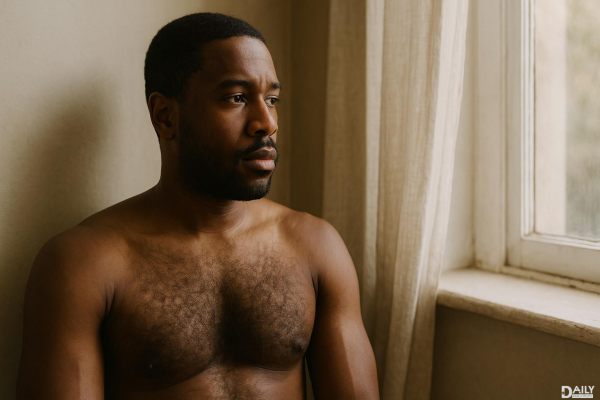
Let’s clear the air: testosterone isn’t the sole dictator of chest hair. Sure, it plays a role in body hair growth, but it’s not the only player on the field. Testosterone gets converted into dihydrotestosterone (DHT), which is the hormone that really kicks hair follicles into gear. But here’s the kicker—some guys have sky-high testosterone levels but barely any chest hair, while others with average levels could pass for a werewolf. That’s because your hair follicles’ sensitivity to DHT is largely determined by genetics. So, unless you’re getting bloodwork done, don’t assume a hairy chest equals higher testosterone.
Your genes are calling the shots here. If your dad, uncles, or grandpas were rocking a thick carpet on their chests, chances are you might too. Ethnicity also plays a huge role. Black men, in particular, often have coarser, curlier hair due to the structure of their hair follicles, which can make chest hair appear denser. But even within the same family, you’ll find variations—some brothers might be smooth while others are fuzzy. That’s genetics being its unpredictable self.
Society loves to link chest hair with masculinity, but let’s be real—it’s just hair. Some of the most rugged, athletic dudes have barely any, while some softer-spoken guys are covered. Chest hair doesn’t dictate strength, aggression, or virility. It’s just another physical trait, like having broad shoulders or a deep voice. So if you’re stressing about your chest hair (or lack thereof), take a breath—it’s not the ultimate masculinity meter.
If you’re hoping to transform your smooth chest into a forest, you might be out of luck. While testosterone supplements or DHT-boosting products exist, they come with risks—like acne, hair loss (ironically), and even heart issues. Plus, if your follicles aren’t genetically programmed to respond, no amount of hormone tinkering will make a difference. The best move? Embrace what you’ve got. If you really want more hair, minoxidil (the stuff in Rogaine) might help, but results vary, and it’s not a magic potion.
Whether you’re team #LetItGrow or team #SmoothOperator, there are ways to manage your chest hair. Shaving is quick but can lead to stubble and irritation. Waxing lasts longer but hurts like hell. Laser hair removal is a more permanent solution but can be pricey. And if you’re into the natural look, just own it—conditioner and beard oil can keep your chest hair soft and sleek. At the end of the day, it’s about what makes you feel confident.
So, does chest hair in black men mean higher testosterone? Not necessarily. It’s mostly genetics doing its thing. Whether you’re hairy or hairless, it doesn’t define your manhood—it’s just part of your unique look. So rock what you’ve got, because confidence is way sexier than any amount of chest hair.

